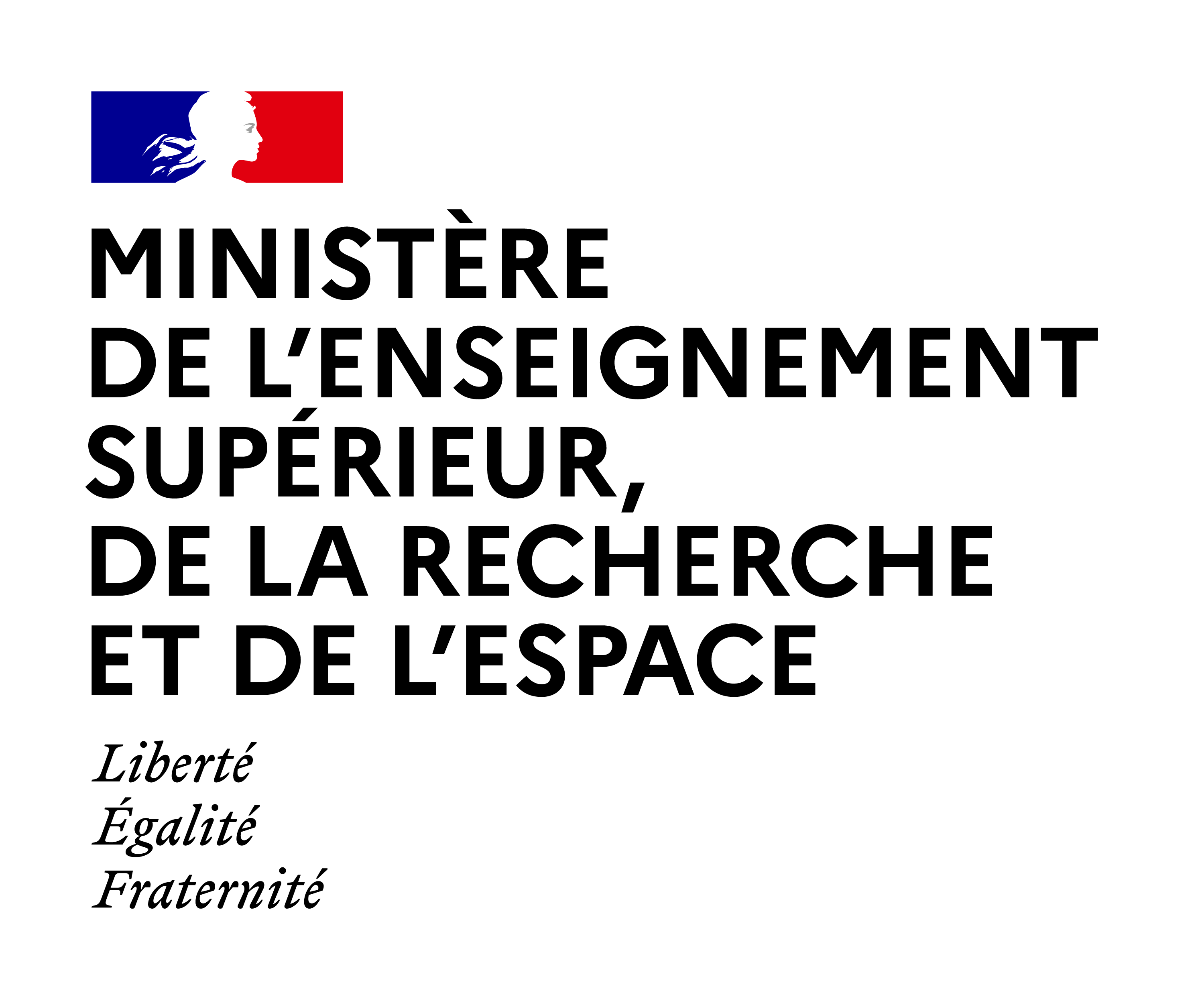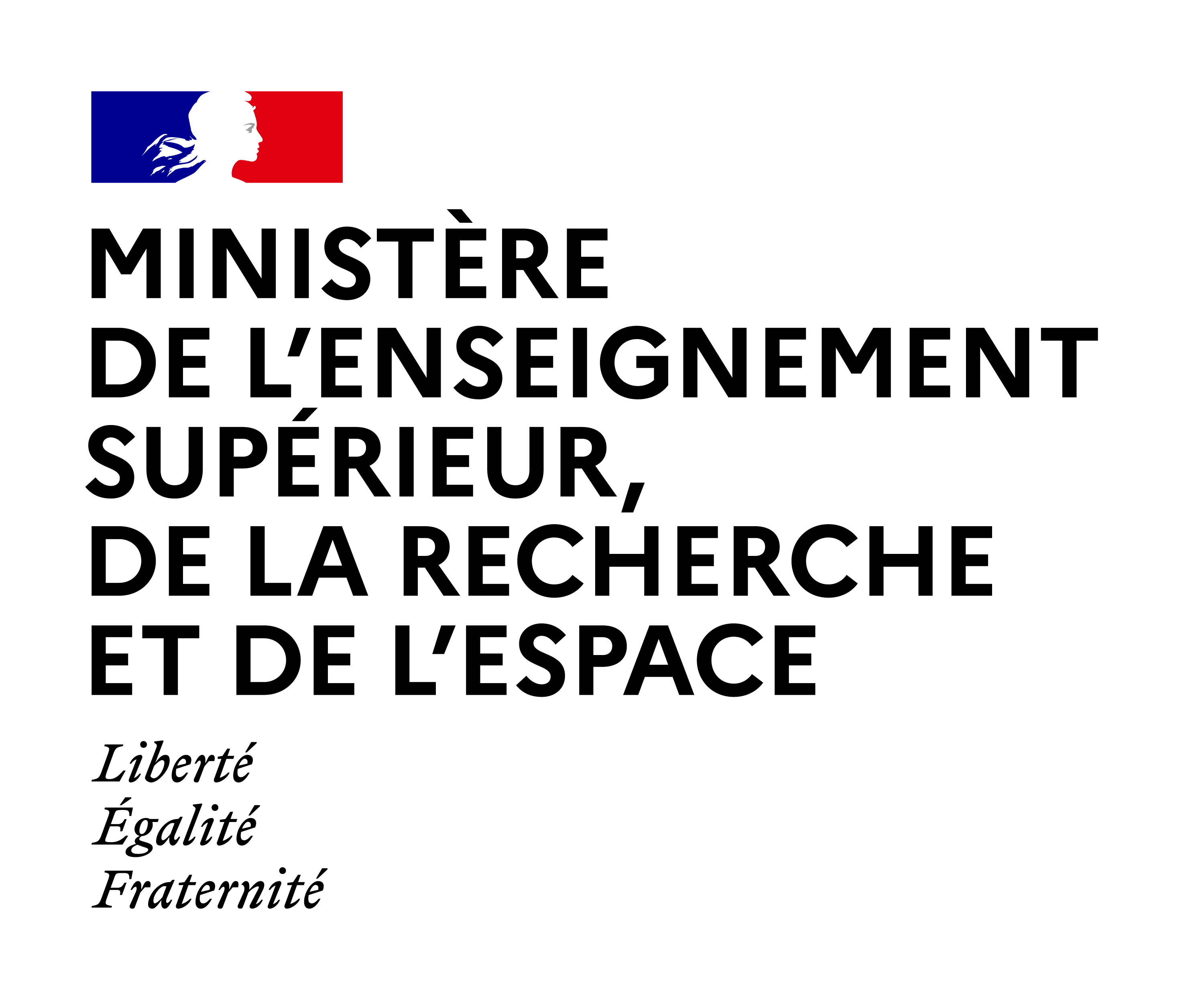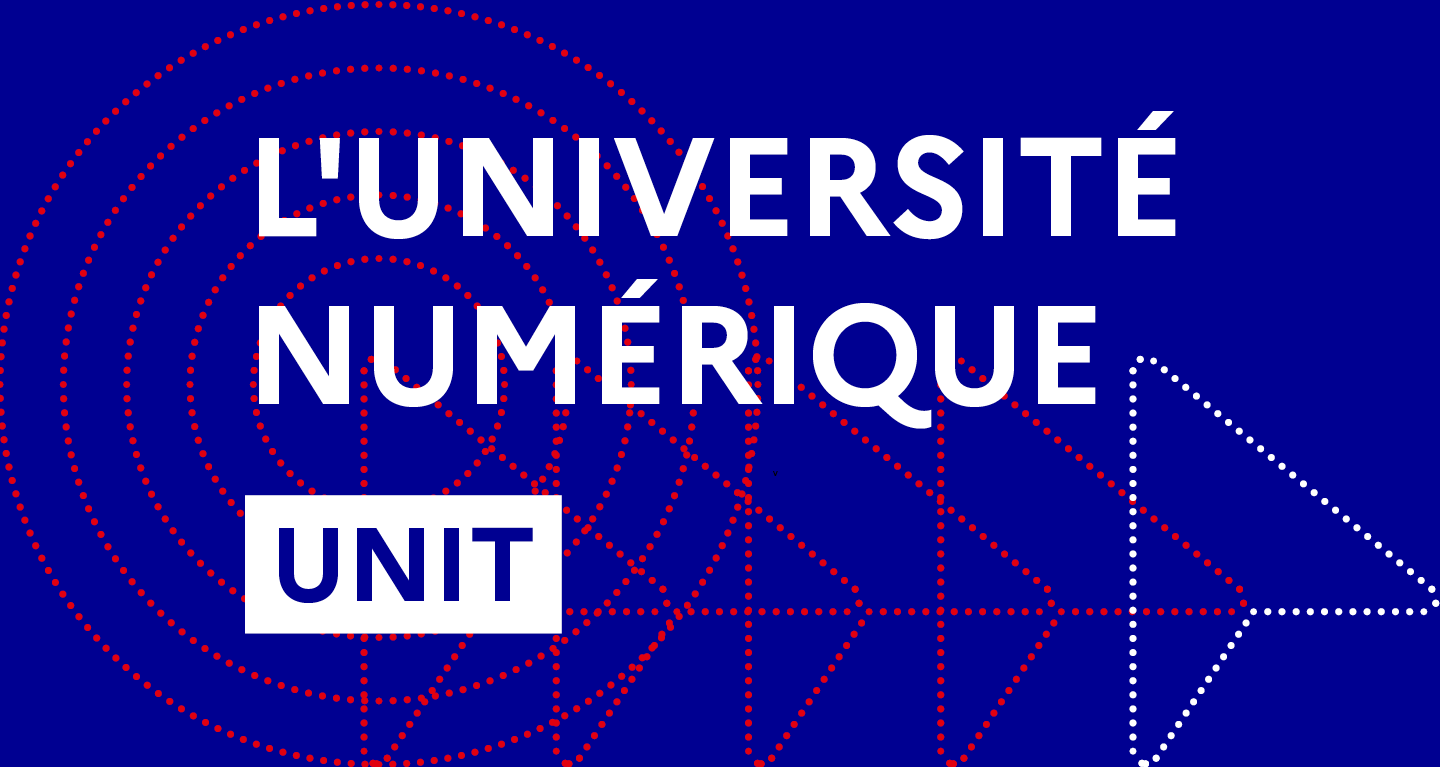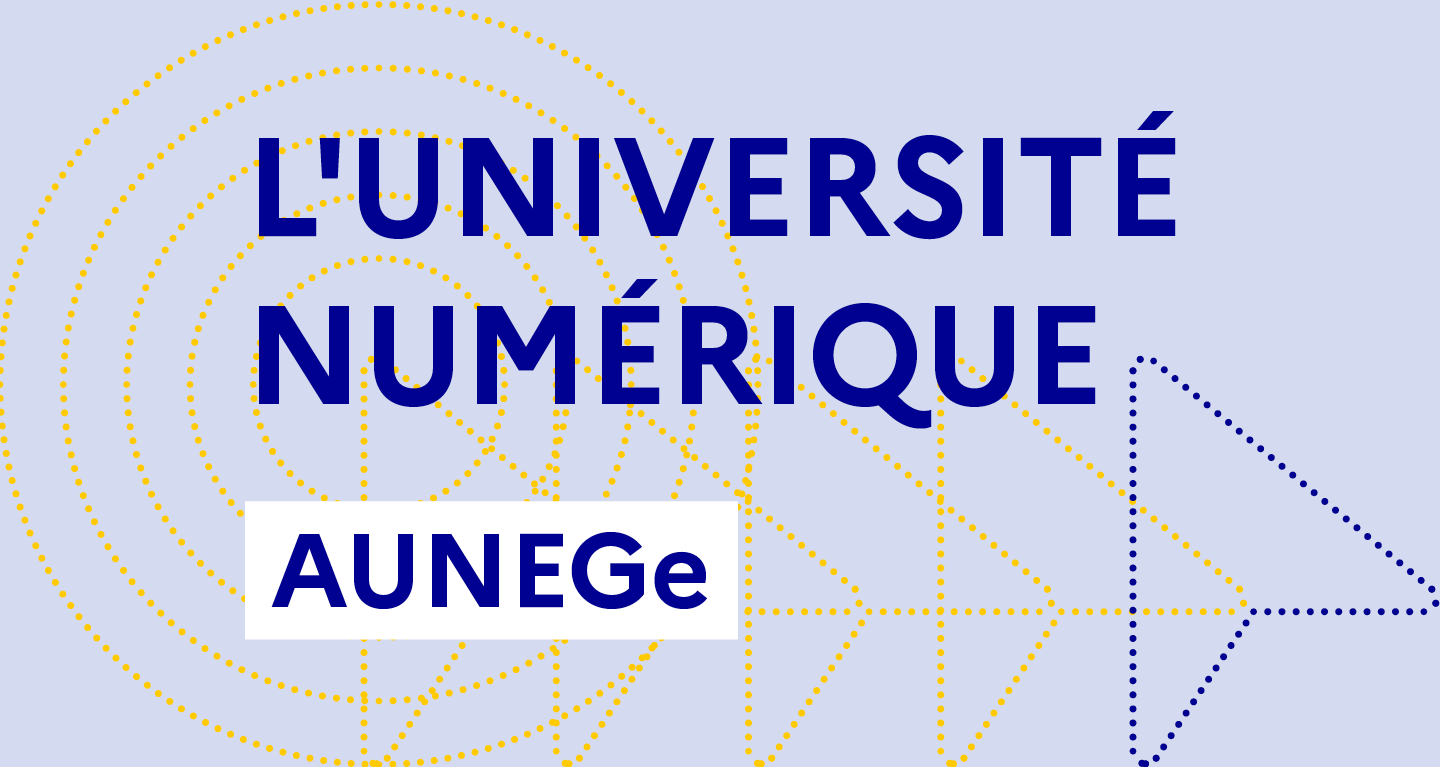
Sommaire
Competition and Cooperation
Date de création :
14.04.2011Auteur(s) :
Myrna WOODERSPrésentation
Informations pratiques
Droits réservés à l'éditeur et aux auteurs.
Description de la ressource
Résumé
Numerous applications of economics are based on models that assume individual economic actors take prices as given. Indeed, this assumption underlies many empirical studies. The question of whether such an assumption can be justified as arising in the context of individual and group optimizing behavior has been the subject of extensive investigation.One answer to the question originates with the work of Edgeworth (1881), which argues that groups individuals cannot improve upon their part of a price-taking economic equilibrium by cooperation, that is, the set of outcomes that are stable against collective activities of groups – the core-- is equivalent to the set of price-taking equilibrium outcomes. This line of research, continued in the celebrated works of Debreu and Scarf (1963) and Aumann (1964) and in much subsequent research, treats private goods economies without externalities. Externalities, however, are common; people consume and produce in groups; individuals are affected by the presence and activities of others; individuals may enjoy being with others or they may suffer from congestion. This presentation reviews research demonstrating that for a broad class of economies, including economies with shared goods, with indivisibilities and/or non-monotonicities, with coalition production, if there are many participants in an economy then the equivalence of the core and the set of equilibrium outcomes holds. The presentation will conclude with some discussion of the latest results but some of the main papers reporting earlier results are listed below:
"Domaine(s)" et indice(s) Dewey
- Économie (330)
Domaine(s)
- Systèmes et théories
- Economie
Intervenants, édition et diffusion
Intervenants
Édition
- Région PACA
- INRIA (Institut national de recherche en informatique et automatique)
Diffusion
Document(s) annexe(s)
Fiche technique
- LOMv1.0
- LOMFRv1.0
- Voir la fiche XML







